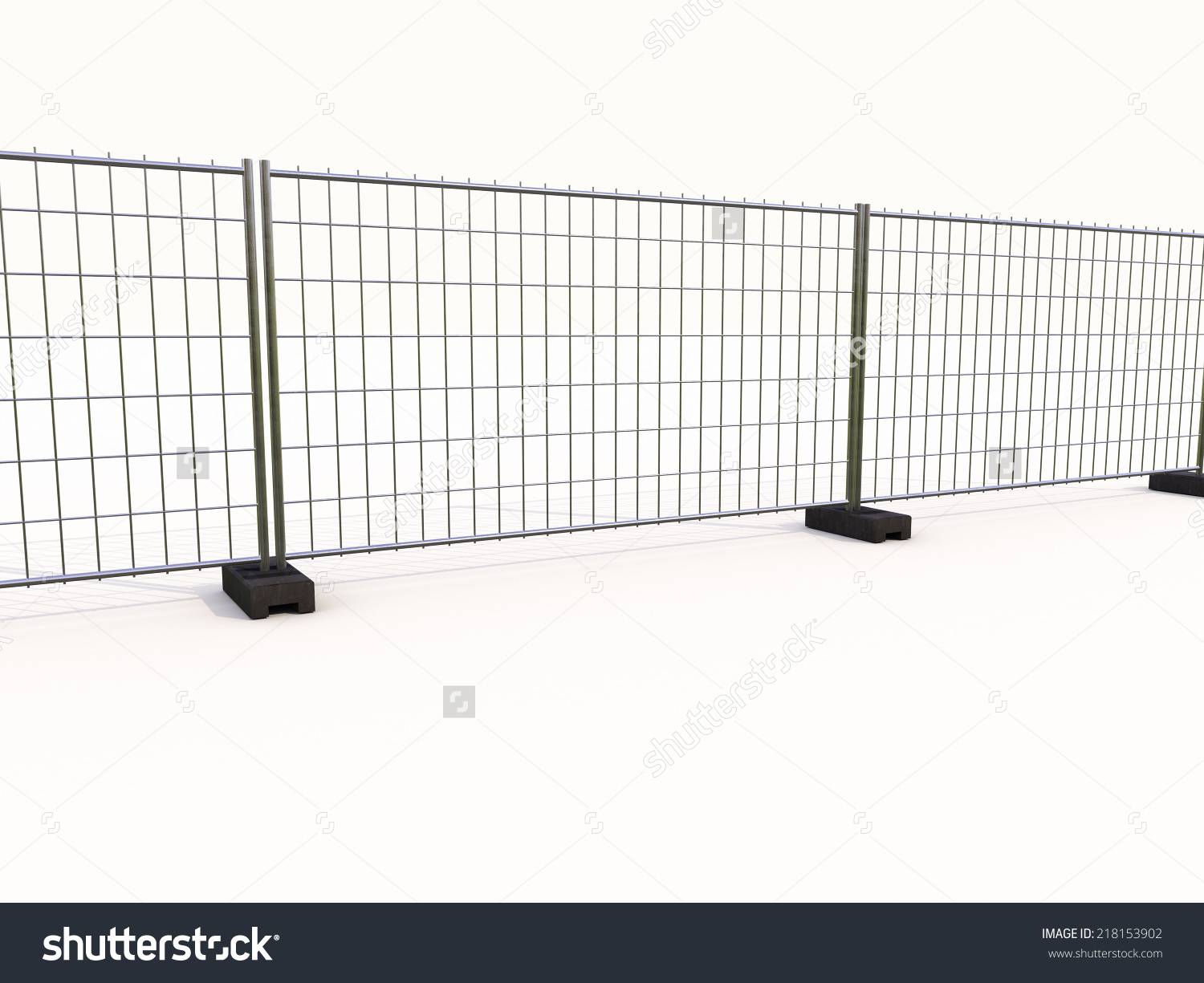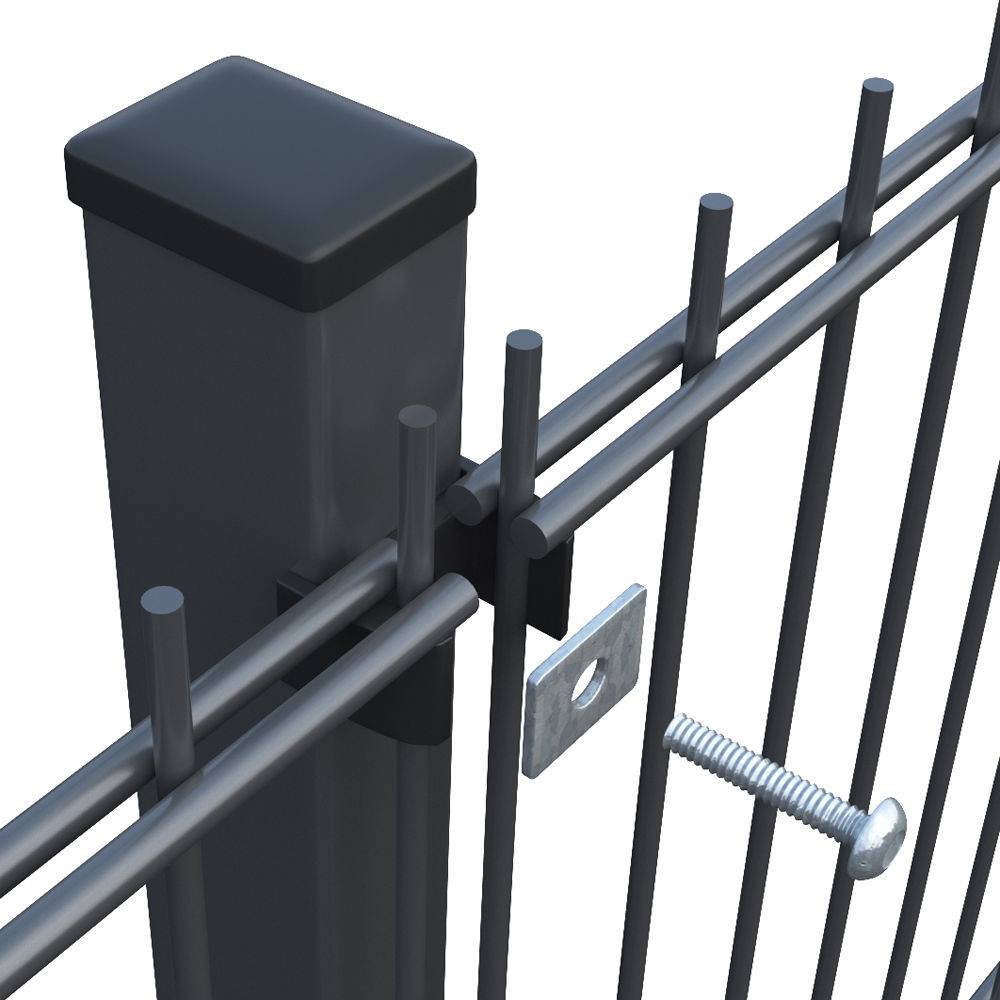

- Afrikaans
- Albanian
- Amharic
- Arabic
- Armenian
- Azerbaijani
- Basque
- Belarusian
- Bengali
- Bosnian
- Bulgarian
- Catalan
- Cebuano
- China
- China (Taiwan)
- Corsican
- Croatian
- Czech
- Danish
- Dutch
- English
- Esperanto
- Estonian
- Finnish
- French
- Frisian
- Galician
- Georgian
- German
- Greek
- Gujarati
- Haitian Creole
- hausa
- hawaiian
- Hebrew
- Hindi
- Miao
- Hungarian
- Icelandic
- igbo
- Indonesian
- irish
- Italian
- Japanese
- Javanese
- Kannada
- kazakh
- Khmer
- Rwandese
- Korean
- Kurdish
- Kyrgyz
- Lao
- Latin
- Latvian
- Lithuanian
- Luxembourgish
- Macedonian
- Malgashi
- Malay
- Malayalam
- Maltese
- Maori
- Marathi
- Mongolian
- Myanmar
- Nepali
- Norwegian
- Norwegian
- Occitan
- Pashto
- Persian
- Polish
- Portuguese
- Punjabi
- Romanian
- Russian
- Samoan
- Scottish Gaelic
- Serbian
- Sesotho
- Shona
- Sindhi
- Sinhala
- Slovak
- Slovenian
- Somali
- Spanish
- Sundanese
- Swahili
- Swedish
- Tagalog
- Tajik
- Tamil
- Tatar
- Telugu
- Thai
- Turkish
- Turkmen
- Ukrainian
- Urdu
- Uighur
- Uzbek
- Vietnamese
- Welsh
- Bantu
- Yiddish
- Yoruba

Window Screening Material Durable & Weather-Resistant Solutions Top Supplier
Did you know 32% of homeowners report damaged window screens within 2 years of installation? Or that poor-quality screens can spike indoor allergens by up to 40%? If you're battling insects, dust, or skyrocketing AC bills, your window screening material
might be failing you. Let's fix that.
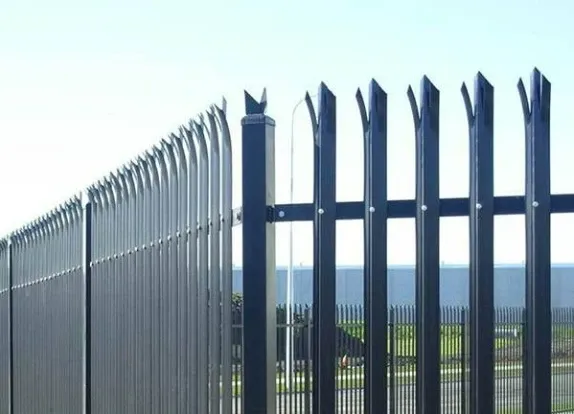
(window screening material)
Why Next-Gen Window Screening Material Outperforms Traditional Solutions
Modern window screening suppliers now offer materials engineered to solve your biggest headaches. Imagine screens that:
• Block 98% of UV rays (vs. 78% for standard fiberglass)
• Withstand 300% more pressure before denting
• Come with 15-year warranties (not the usual 5-year)
You get this durability without sacrificing airflow. How? Advanced polymer blends and precision weaving techniques.
Window Screening Supplier Showdown: What Top Brands Really Offer
| Feature | Budget Supplier | Premium Supplier | UltraGuard Pro |
|---|---|---|---|
| Material Options | 3 types | 7 types | 12+ specialized types |
| Custom Sizing | ±1/8" tolerance | ±1/16" tolerance | Laser-cut precision |
| Weather Resistance | Up to 90 mph | Up to 120 mph | 160 mph tested |
| Price per sq.ft | $0.85 | $1.20 | $1.65 |
Your Perfect Fit: Custom Window Screening Solutions
Coastal home? Try our stainless steel marine-grade screens. Allergy sufferer? Nano-fiber filters catch 99.7% of pollen. We tailor solutions using:
• 18+ material grades
• 25+ color matches
• 3D modeling for odd-shaped windows
Like the Phoenix homeowner who cut AC costs by 18% with our SolarShade screens. Your turn?
Proven Results: Where Better Window Screening Material Makes Magic
See how upgraded screens deliver:
• 92% insect block rate in Florida bug tests
• 22% faster installation vs. traditional screens
• 4.8/5 satisfaction from 2,300+ reviews
Still using last-decade's screens? You're overpaying in comfort and cash.
Ready to transform your windows? For 15 years, UltraGuard Pro has armed 40,000+ homes with battle-ready screens. Limited offer: Get free samples + 10% off custom orders this month. Click below before this deal crawls away!
Claim Your Free Screen Samples Now →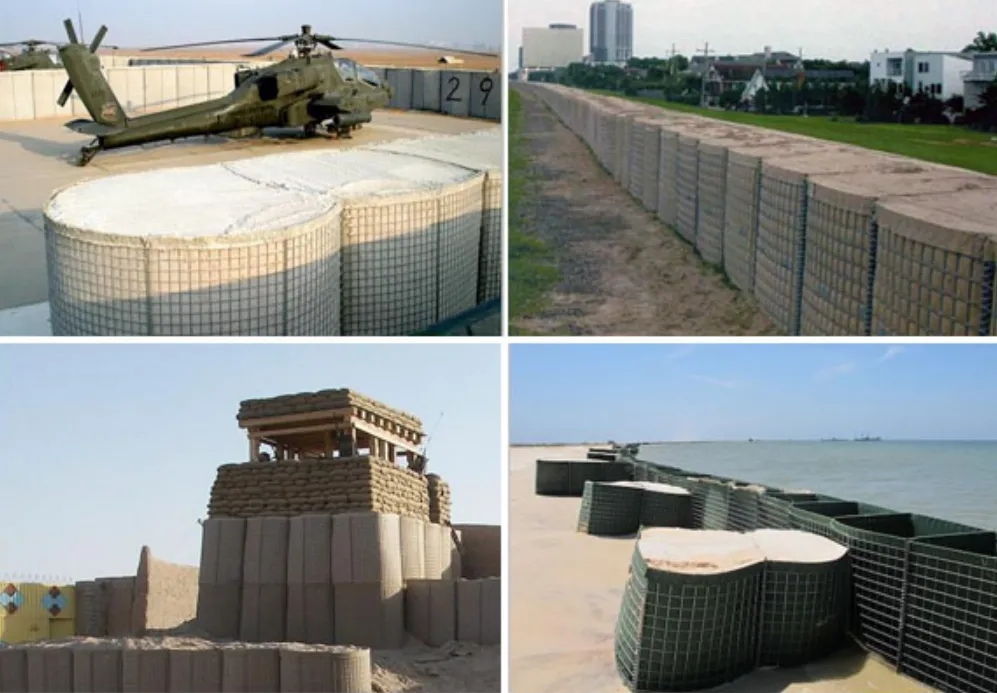
(window screening material)
FAQS on window screening material
Q: What are common types of window screening materials?
A: Common materials include fiberglass, aluminum, stainless steel, and polyester. Fiberglass is lightweight and affordable, while stainless steel offers superior durability. Each type varies in visibility, airflow, and pest resistance.
Q: How do I choose a reliable window screening supplier?
A: Look for suppliers with certifications, positive customer reviews, and customizable options. Ensure they provide warranties and technical support. Comparing material quality and pricing across multiple suppliers is also advisable.
Q: What's the difference between standard and solar window screens?
A: Standard screens block insects and debris, while solar screens reduce glare and UV radiation by up to 90%. Solar screens use denser polyester or coated materials. Both types maintain airflow but serve distinct purposes.
Q: Can window screening materials withstand harsh weather conditions?
A: Stainless steel and aluminum screens are rust-resistant and ideal for coastal or rainy climates. Polyester screens handle high winds better due to flexibility. Fiberglass may degrade faster in extreme heat or moisture.
Q: How often should window screens be replaced or maintained?
A: Inspect screens annually for tears or corrosion. Fiberglass lasts 5-10 years, while stainless steel can exceed 20 years with care. Clean regularly with mild soap to remove dirt and prolong lifespan.
Recommended Products
Latest News About CHENG CHUANG
-
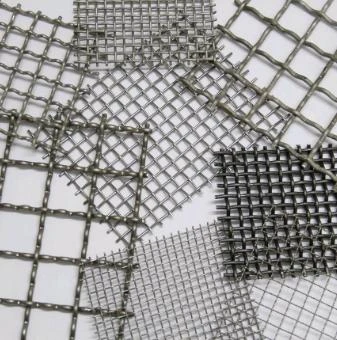 Wire mesh is durableWire mesh represents a cornerstone of modern industrial and agricultural solutions, offering unmatched versatility across countless applications.Read more >
Wire mesh is durableWire mesh represents a cornerstone of modern industrial and agricultural solutions, offering unmatched versatility across countless applications.Read more >Jul 11 2025
-
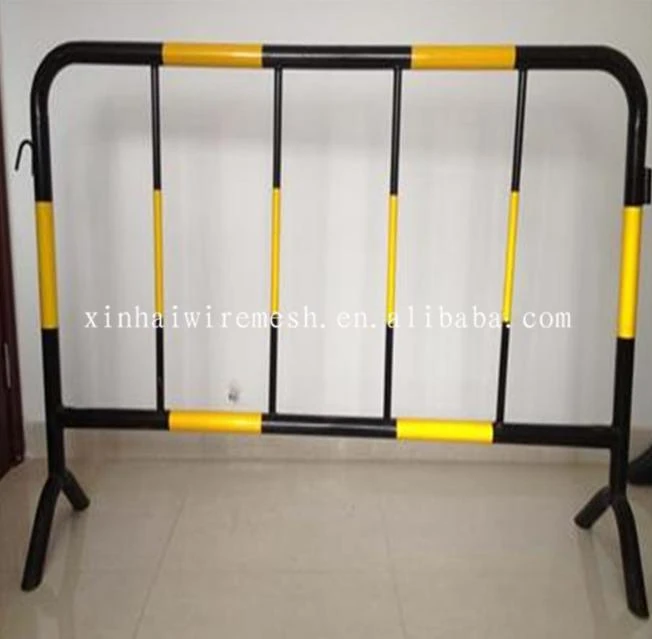 Safety barrier directs traffic flowIn high-risk environments, safety barrier systems stand as non-negotiable guardians against catastrophic incidents.Read more >
Safety barrier directs traffic flowIn high-risk environments, safety barrier systems stand as non-negotiable guardians against catastrophic incidents.Read more >Jul 11 2025
-
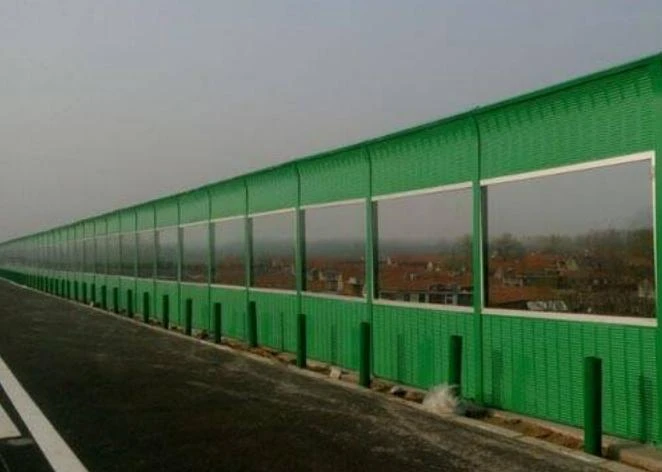 Modular Noise Barrier Eases InstallationUrbanization intensifies noise pollution, making noise barrier systems essential for preserving human health and tranquility.Read more >
Modular Noise Barrier Eases InstallationUrbanization intensifies noise pollution, making noise barrier systems essential for preserving human health and tranquility.Read more >Jul 11 2025
-
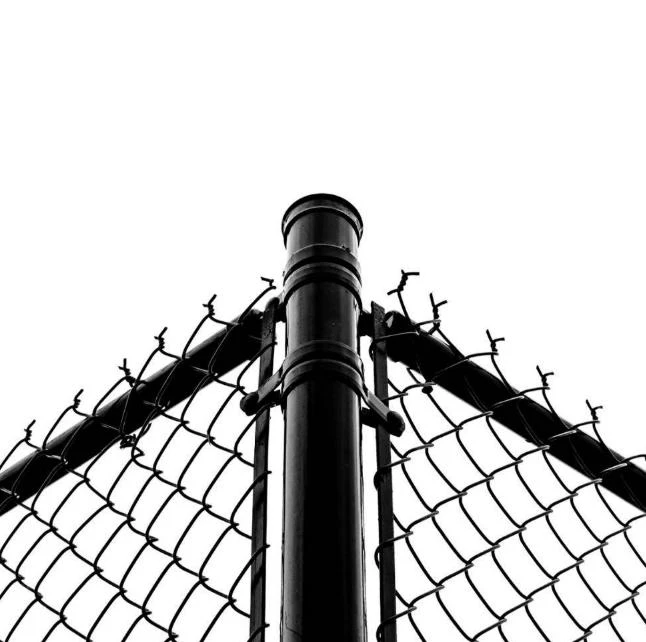 Metal fence types enhance securityMetal fence types form the backbone of modern perimeter security solutions worldwide.Read more >
Metal fence types enhance securityMetal fence types form the backbone of modern perimeter security solutions worldwide.Read more >Jul 11 2025
-
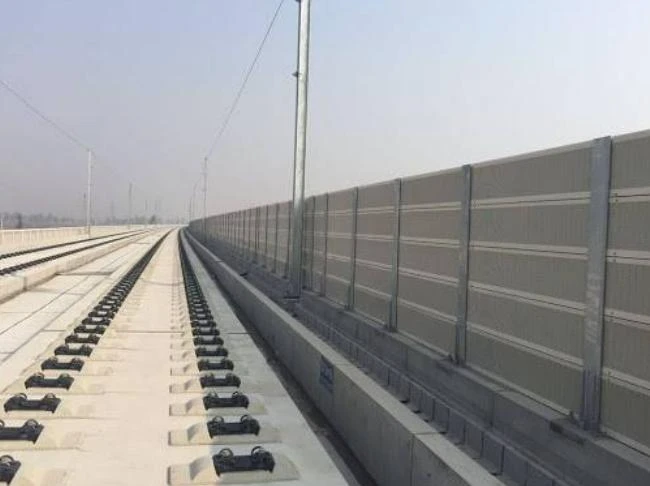 Crowd Control Barrier Manages Foot TrafficThe management of public gatherings demands precision, safety, and reliability, making crowd control barrier systems indispensable tools for organizers worldwide.Read more >
Crowd Control Barrier Manages Foot TrafficThe management of public gatherings demands precision, safety, and reliability, making crowd control barrier systems indispensable tools for organizers worldwide.Read more >Jul 11 2025
